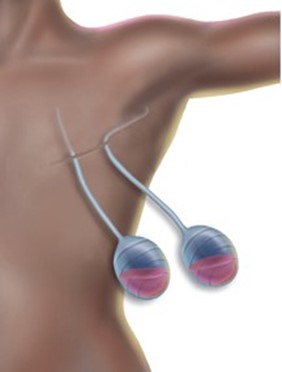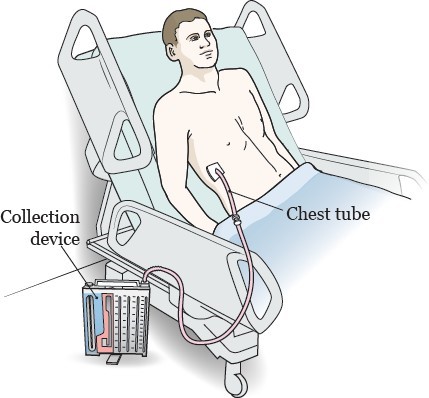A nurse is planning care for a client who has left-sided hemiplegia following a stroke.
Which of the following actions should the nurse include in the plan of care?
Provide the client with a short-handled reacher.
Place a plate guard on the client's meal tray.
Remind the client to use a cane on his left side while ambulating.
Position the bedside table on the client's left side.
The Correct Answer is A
The nurse should provide the client with a short-handled teacher.

This can help the client to reach and grasp objects without having to overextend or strain their unaffected arm.
Choice B is also correct.
The nurse should place a plate guard on the client’s meal tray.
This can help prevent food from spilling off the plate and make it easier for the client to eat with one hand.
Choice C is wrong because reminding the client to use a cane on his left side while ambulating could be unsafe as the client’s left side is affected by hemiplegia.
Choice D is wrong because positioning the bedside table on the client’s left side could make it difficult for the client to reach items on the table.
Nursing Test Bank
Naxlex Comprehensive Predictor Exams
Related Questions
Correct Answer is D
Explanation
“I should expect less than 25 mL of secretions per day in the drainage devices.” After a mastectomy with breast reconstruction using a tissue expander, you may go home with drains in your chest to remove extra fluid.

Choice A is wrong because performing strength-building arm exercises using a 15-pound weight is not recommended.
Choice B is wrong because waiting 2 months before additional saline can be added to the breast expander is not accurate.
Choice C is wrong because keeping the left arm flexed at the elbow as much as possible is not recommended.
Correct Answer is C
Explanation

The fluctuation of fluid in the water-seal chamber of a chest tube is known as tidaling and is caused by the changes in pressure within the chest during respiration.
Choice A is not correct because tidaling does not indicate an air leak.
Choice B is not correct because tidaling does not necessarily mean that the lung is fully re-expanded.
Choice D is not correct because suction pressure does not cause tidaling.
Whether you are a student looking to ace your exams or a practicing nurse seeking to enhance your expertise , our nursing education contents will empower you with the confidence and competence to make a difference in the lives of patients and become a respected leader in the healthcare field.
Visit Naxlex, invest in your future and unlock endless possibilities with our unparalleled nursing education contents today
Report Wrong Answer on the Current Question
Do you disagree with the answer? If yes, what is your expected answer? Explain.
Kindly be descriptive with the issue you are facing.
